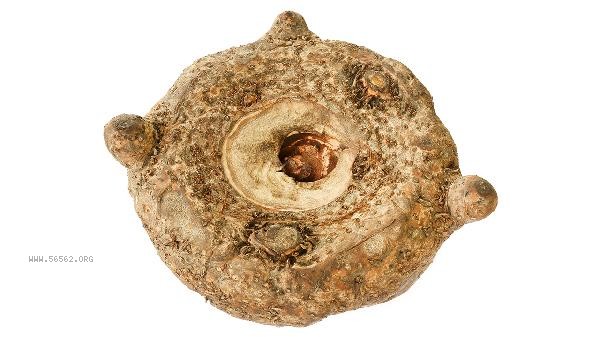Konjac carnitine milk tea may have some auxiliary weight loss effects, but it needs to be combined with dietary control and exercise to achieve the desired effect. Konjac is rich in dietary fiber, which can increase satiety. L-carnitine may promote fat metabolism, but the sugar and calories in milk tea still need to be cautious.

Konjac powder in konjac carnitine milk tea contains a large amount of soluble dietary fiber. When it swells with water, it can occupy stomach space, slow down gastric emptying, and reduce the intake of other high calorie foods. L-carnitine, as an amino acid derivative, theoretically helps long-chain fatty acids enter mitochondria for oxidation and energy supply, but the carnitine synthesized by the human body can usually meet the demand. Commercial milk tea often contains a large amount of sugar and vegetable fat powder, and a single cup may contain over 200 calories. Overconsumption can easily lead to excessive calorie intake. Some products may exaggerate their weight loss benefits, but in reality, the promotion of fat metabolism by L-carnitine is limited at regular doses. If the konjac ingredients are not fully processed, the calcium oxalate in them may stimulate the digestive tract, and those with weak gastrointestinal function may experience bloating and diarrhea. Some people are sensitive to caffeine in milk tea, and drinking it at night may affect sleep quality and indirectly interfere with hormone secretion such as leptin.

It is recommended to use konjac carnitine milk tea as an occasional meal replacement option, prioritize the sugar free version, and control the total daily consumption. Weight loss requires ensuring a daily calorie deficit, combined with aerobic exercise and strength training to increase basal metabolic rate. Long term weight loss should establish a balanced diet structure, increase intake of vegetables, fruits, and high-quality protein, and avoid excessive dependence on a single product. If discomfort symptoms such as palpitations and insomnia occur, they should be stopped immediately and a nutritionist should be consulted.










Comments (0)
Leave a Comment
No comments yet
Be the first to share your thoughts!